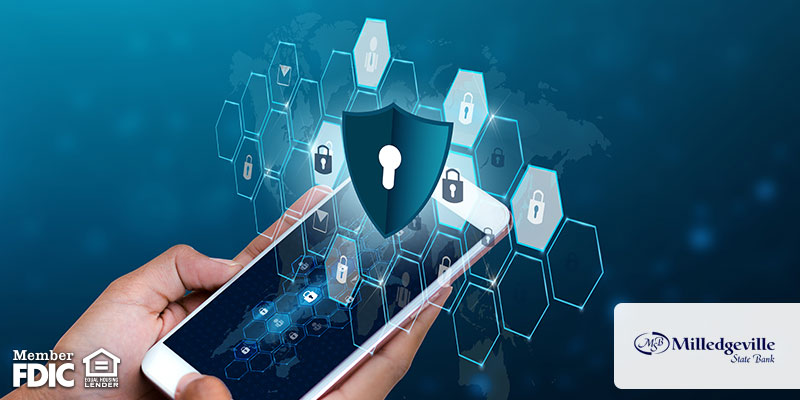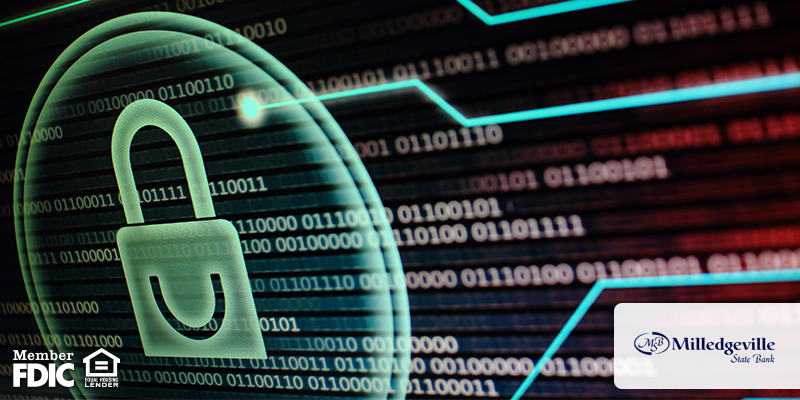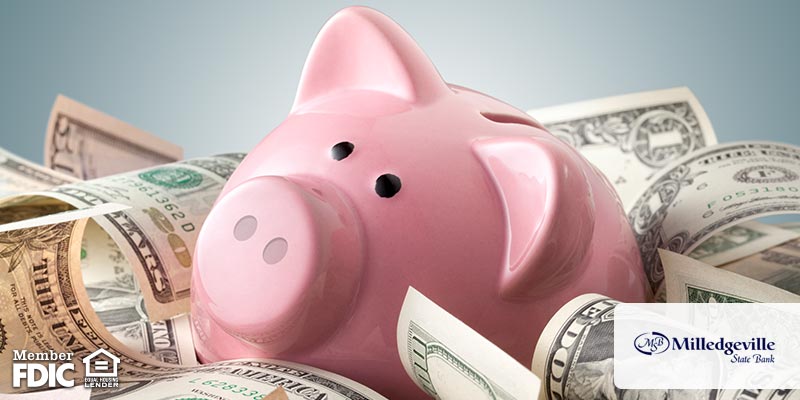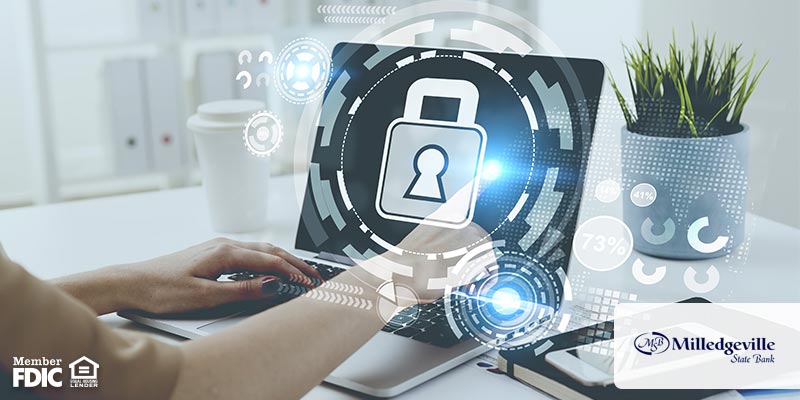
It’s that time of year when you’re likely to see ‘for sale’ signs on every block. Maybe you already have your eye on one and go out of your way to drive past it on your way home from work. Before you leap into purchasing a home, be sure to take these four steps before signing the bottom line.
1. Understand Your Monthly Expenses
Alarmingly, many Americans don’t have a true understanding about what money they have coming out each month. This can be a dangerous territory to get into, as it’s likely that there are a significant portion of the expenses that may be unnecessary. Take the time to have an understanding of what each of your monthly expenses are and if any can be cut or lessened. Maybe there’s a subscription you’ve forgotten about or haven’t realized how much money you are putting towards name-brand groceries each month.
2. Know What You Can Afford
Once you have your expenses broken down, you will have more of an idea of what you have coming out. Next, you should understand what you have coming in. Account for each person’s income contribution for the home. Subtract your monthly expenses from the after-tax amount and you will have an idea of what you can afford. You may want to consider meeting with a mortgage specialist to have a robust account of what homes could be in your price range.
3. Understand Home Buying Expenses
Being a homeowner comes with many responsibilities that sometimes can’t be accounted for. From broken pipes or a leak to a busted HVAC, the costs can be overwhelming at a moment’s notice. It’s important to understand the expenses that may come out of home ownership. Even if there isn’t something breaking, you have the responsibility of additional upkeep.
4. Set a Goal
Once you have a complete understanding of where you are and where you might be, you can set a goal. If the house you want is out of your price range, make it a goal to be able to afford a home like this. Take a look at what expenses can be cut in addition to how you can make additional income to get you to your goal within a reasonable time frame.
Don’t strap yourself into a payment that won’t fit your lifestyle. Allow us to help you purchase your dream home with a mortgage from Milledgeville State Bank!








